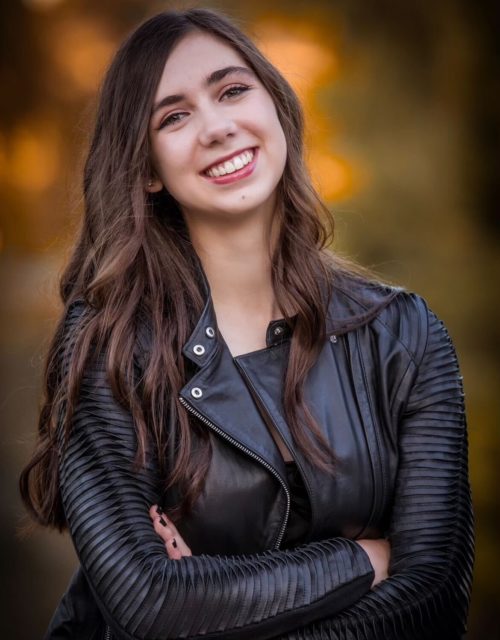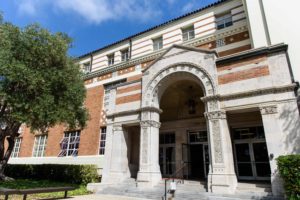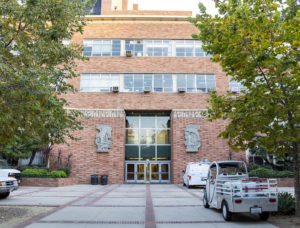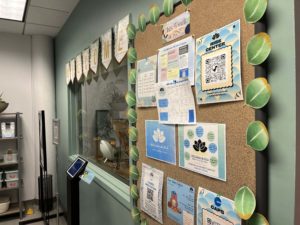A group of students in the Undergraduate Research Scholars Program have partnered with the Nature Nexus Institute, one of the program’s stakeholders, to tie together nature, art and mental health.
The URSP gives students a chance to participate in both an individual project and a group project, said Katherine Mathews, a second-year English student. Led by Jazmine Chism, a fourth-year human biology and society student, the year-long URSP project that partnered with the NNI advocates for an increased relationship between the community and nature by planning events such as trips exploring Los Angeles and group art sessions, Matthews said in a written statement. The NNI gives people living in urban areas the opportunity to access nature spaces such as the Baldwin Hills Parklands and Dockweiler beach, according to the NNI website.
Students currently in the URSP form groups and are assigned to a URSP stakeholder, such as the NNI, based on listed preferences, said Mathews, a member of the group. She added that the program fit her interests because it gave her an opportunity to work in sustainability research.
Linh Tran, a third-year political science student and member of the group, said the intersectionality between transit and education that the institute promotes led her to join the project.
“The focus on this is to try and find ways to connect easily with nature … I feel like there are a lot of students who don’t have the drive,” Mathews said. “It’s also a good thing to promote the use of public transport to be able to get out of the city.”
Some groups took on projects researching bees in a specific park while others built a wildlife friendly highway, Mathews added.
Mathews added that she also wants to encourage students to use the Bruin U-Pass, which provides undergraduates fare-free access to all public transportation in Los Angeles, through her project
The events – planned by students in the program – were set to take place on the weekends of week two, week four, and week six but had to be adjusted because of inclement weather during week two, Mathews said. The program works to have as many people as possible attend their events to maximize their impact, said Emerson Gaspar, a second-year public health student and member of the group.
“The reason we have multiple events is just because we want to get as many people as possible to participate,” she said. “If you don’t have a lot of people participating, then we can’t really draw any potential conclusions.”
The group decided to incorporate art within the project to make the trips more interactive, Gaspar added
The point of incorporating art activities was to explore the intersection between the environment and art to see how those subjects can influence positive outcomes for mental health, Gaspar said.
In the program, students work on both the individual and group projects with a faculty mentor and student leader respectively, Mathews said. Tran said she learned new skills such as coding from her mentor, which will be beneficial for her planned career in environmental policy.
Mathews added that her mentor Rebecca Shipe – an adjunct associate professor in the Department of Ecology and Evolutionary Biology – helped her to get involved in research and find a new faculty mentor after she switched majors.
“She’s very supportive in pursuing or helping us pursue our own self-development,” Tran said. “She’s helped me think critically about tackling environmental challenges.”
Gaspar also said these projects are important because they allow students to gain skills and knowledge about sustainable issues, but also because they allow students to contribute to the community.
“Climate change and environmentalism is so prominent in, I feel like, everyday discussion.. that’s something I hear people talk about or at the very least kind of lingers when you’re walking around,” Mathews said.






Comments are closed.